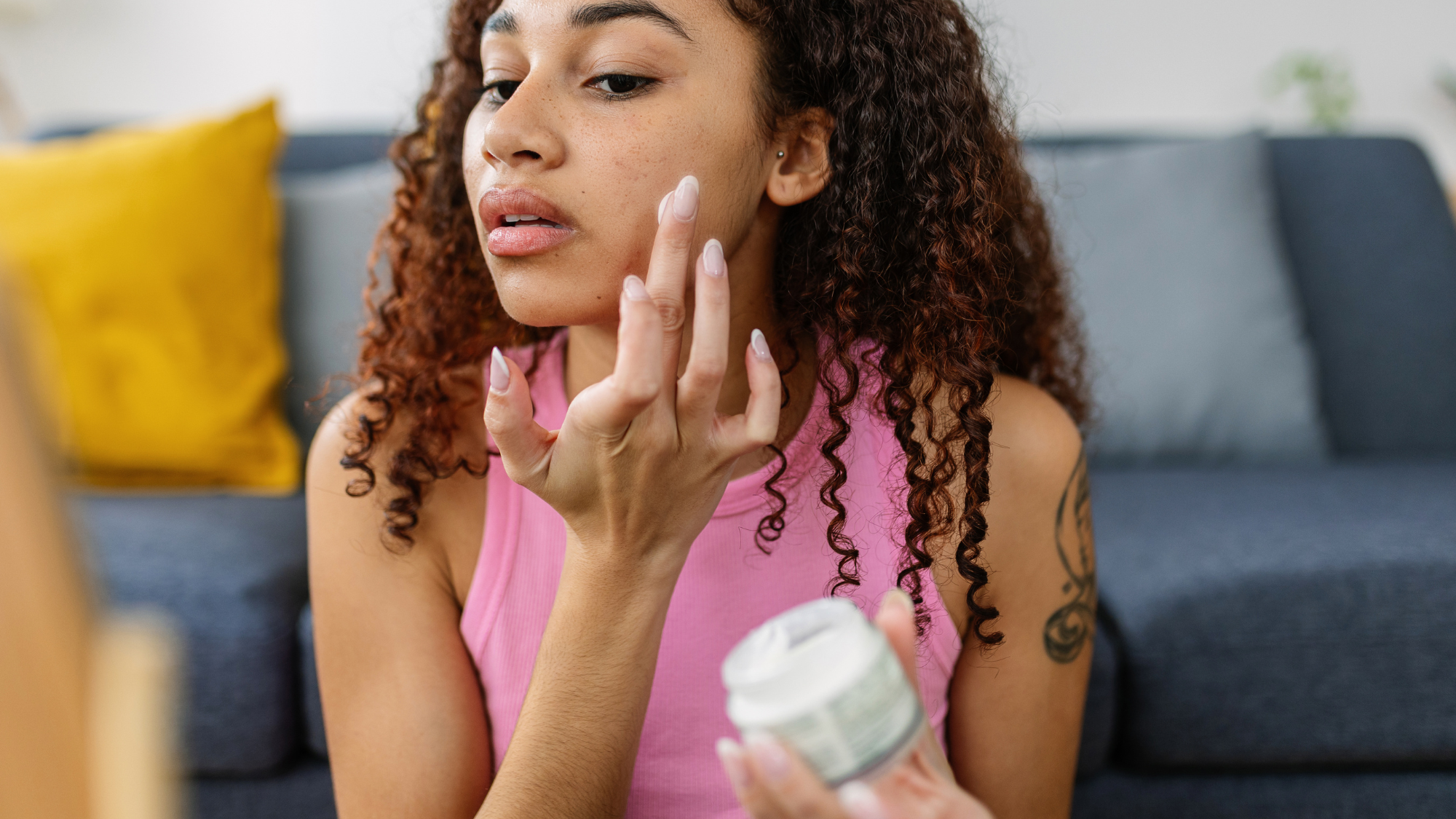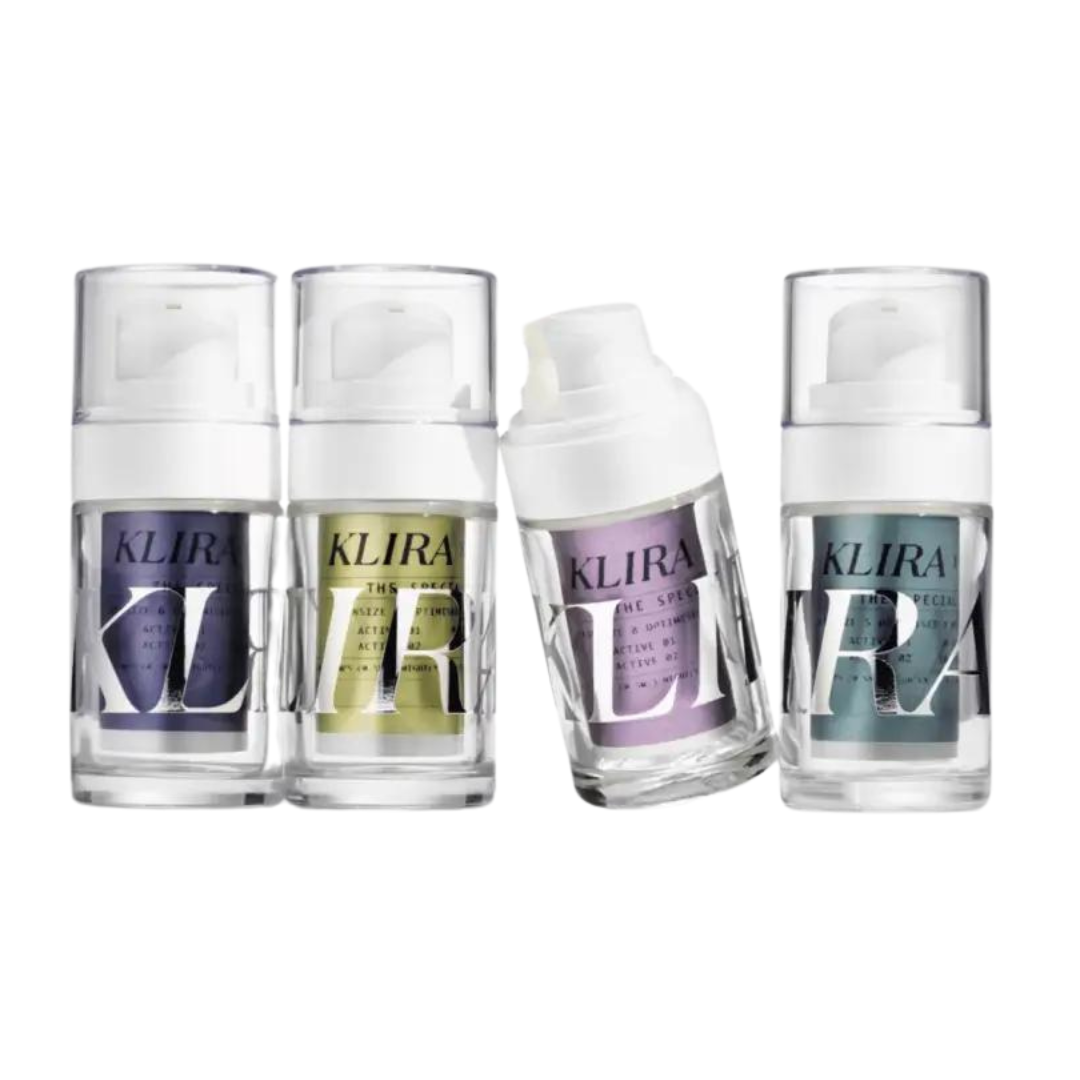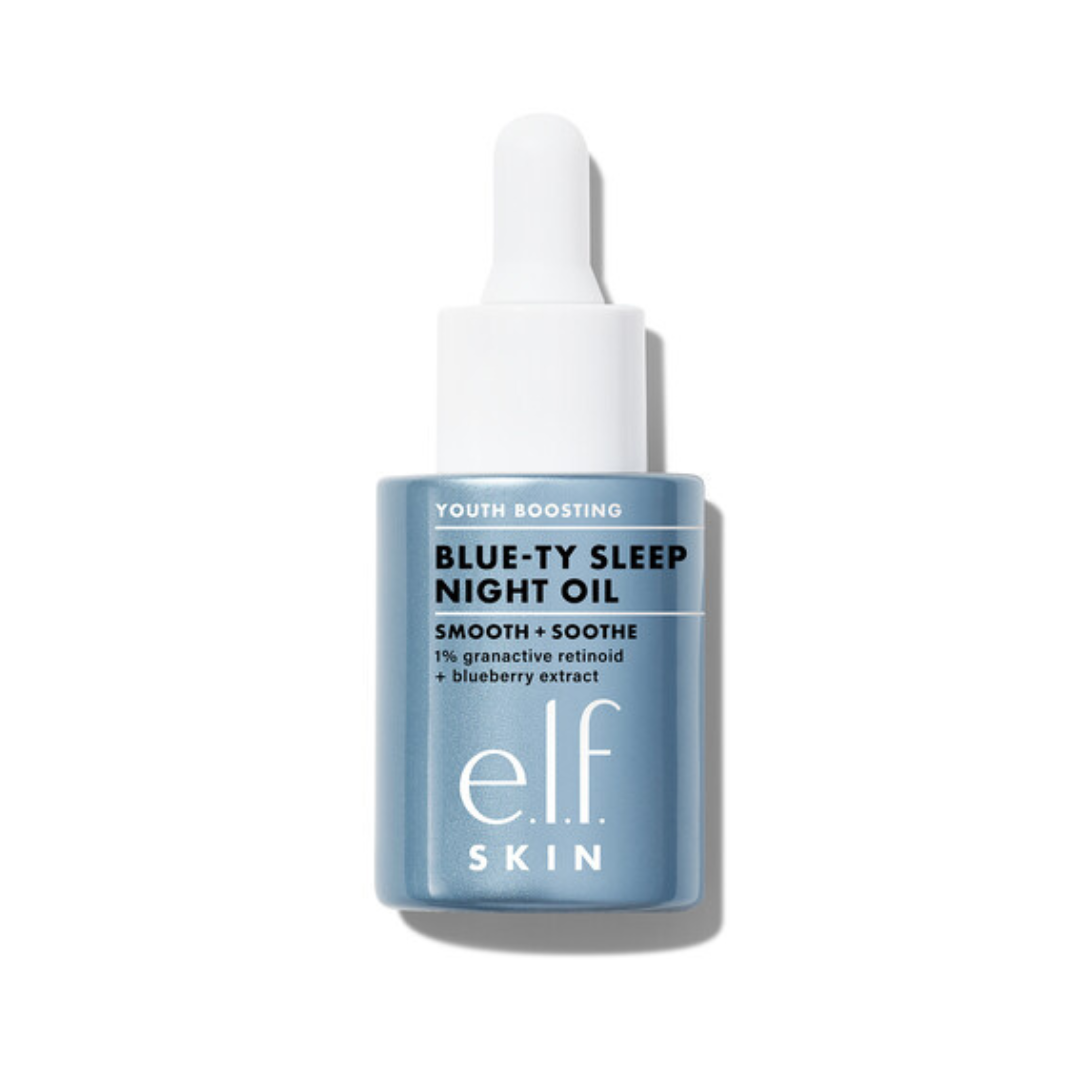No, retinol isn't going to be 'banned' in the EU—here's the truth on what's happening
There are *some* tweaks you may want to be aware of, though

Retinol is one of the biggest skincare buzzwords of the last decade. Hailed as a gold standard in 'anti-ageing' and acne treatments, popularity of the vitamin A derivative has taken off at a monumental rate. Whether buying over the counter or through a prescription, you can easily access an effective retinol product these days—but could that all be about to change with the European Union's new retinol rules? Recent headlines would have you believe so.
Set to come into play at the end of 2024 and over the following 36 months, the rules may change the way some of us buy our skincare products. However, for most of us, this likely isn't going to be a big deal. I spoke with dermatologists and skincare experts about why retinol fans shouldn't see this regulation change as cause for panic.
What are the new 'retinol ban' rules?
In short, this is certainly not a 'ban,' as it's been made out to be. Essentially, the EU has decided to limit the concentration of retinol you are able to buy over the counter without the guidance of a derm or medical skin expert.
"The new rules, which will be enforced at the end of 2024, set a maximum concentration of 0.3% retinol for face and hand products and 0.05% for body lotions," explains Dr Catriona Maybury, Consultant Dermatologist and Dermatica Medical Director.
She goes on to say the reason for this is "to make retinol safer for consumers, and to minimise unwanted side effects like redness, peeling, and increased sensitivity to sunlight." As many of us know, retinol is one of those ingredients that can irritate skin if used incorrectly or introduced too quickly. These new rulings aim to help users avoid adverse side effects.
In addition to this, explains Dermatologist Dr Alexis Granite, the new guidelines will prevent the theoretical risk of 'overdosing' on vitamin A, in context of the total dose you get from your diet, as well as cosmetics. "The reasoning is that too much vitamin A can cause health issues like liver damage, and very high levels might harm the unborn foetus in those who are pregnant. This measure is aimed at minimising risk to consumers using topical retinoids without professional guidance," she says. It does, however, sound like it has been passed due to an abundance of caution. "It is probably overkill, since we absorb relatively minimal amounts from our skincare relative to what we get from our diet. Plus, the fact that brands are being allowed three years to change their formulations is also somewhat reassuring—if there was real danger, faster action would likely be required," says Dr Granite.
As well as the limitations on over-the-counter concentrations, these new laws will also require brands to update their packaging. "These regulations require companies to clearly label when vitamin A-related compounds, like retinol, are in their products, helping consumers manage how much they’re applying to their skin," explains Dr Maybury.
Marie Claire Newsletter
Celebrity news, beauty, fashion advice, and fascinating features, delivered straight to your inbox!
A post shared by Dr Alexis Granite (@dralexisgranite)
A photo posted by on
What do the new rules mean for you?
In many cases, this will not impact your or your skincare routine. If you do currently use a retinol product bought without prescription or through a personalised medical skin service that has a concentration of over 0.3% however, you may need to find a new favourite.
"Some companies will have to reformulate, or discontinue, their over-the-counter products to make sure the amount of retinol in the formulation meets EU regulation standards," says Dr Maybury. "Those seeking higher concentrations will need to see a dermatologist for a prescription."
Online services such as Dermatica and Klira are a good option here; both of which offer higher concentrations usually available only by prescription, with expert support and guidance included.
However, Dr Granite notes: "You are still likely to get noticeable benefits from retinol 0.3%, both in terms of collagen production and unclogging pores for acne prevention." For this reason, switching to another over-the-counter option if your previous formula gets discontinued may also be your best option.
What 'rules' should you be following with retinol use anyway?
Whether you choose to continue using your over-the-counter retinol (under 0.3% concentration), switch to a new, lower-strength one or begin to try a prescription service, there are certain skincare musts for all retinol use.
"The main ones are: always wear sunscreen, remove all other exfoliants (like AHAs and BHAs) from your routine until your skin is used to it, and keep checking your skin for side effects so you can combat them early with a good skincare routine," says Dr Maybury.
It's also worth remembering that retinol should be used during your nighttime routine as it increases sun sensitivity (hence the need to be extra diligent with SPF), and that for first-time users or those switching to stronger formulations, you should introduce the ingredient slowly.
Dr Maybury also encourages, "sticking to a simple, science-backed skincare routine with ingredients that are designed to work alongside active ingredients, and that protect and nourish your skin barrier."
She adds: "If you’re using a prescription-strength retinoid, check in regularly with your consultant dermatologist or treatment prescriber so they can monitor your progress and make sure you’re seeing the best results possible."
Rebecca is a freelance beauty journalist and contributor to Marie Claire. She has written for titles including Refinery29, The Independent, Grazia, Coveteur, Dazed, Stylist, and Glamour. She is also a brand consultant and has worked with the likes of The Inkey List on campaign messaging and branded copy. She’s obsessed with skincare, nail art and fragrance, and outside of beauty, Rebecca likes to travel, watch true crime docs, pet sausage dogs and drink coffee. Rebecca is also passionate about American politics and mental health awareness.
-
 Céline's new Selfridges pop-up is an ode to summers on the French Riviera
Céline's new Selfridges pop-up is an ode to summers on the French RivieraA one-stop-shop for the ultimate holiday wardrobe
By Clementina Jackson
-
 Why Prince William will attend the pope's funeral instead of King Charles
Why Prince William will attend the pope's funeral instead of King CharlesHe's representing his dad
By Iris Goldsztajn
-
 Royal fans can't believe this sweet detail from Prince Louis' birthday portrait
Royal fans can't believe this sweet detail from Prince Louis' birthday portraitAdorable
By Iris Goldsztajn

